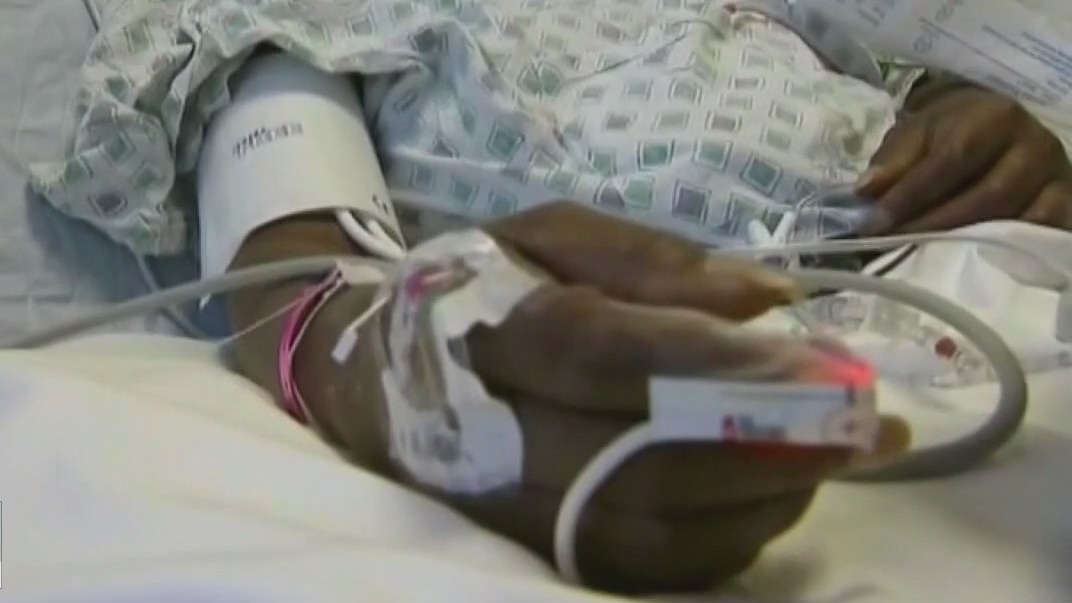End-of-life medical options law makes rare progress in Minnesota Legislature

Progress on end-of-life options bill in MN
For the first time in nine years, there's progress on a bill to allow terminally ill patients in Minnesota the option to end their lives.
ST. PAUL, Minn. (FOX 9) - For the first time in nine years, there’s progress for a bill to allow terminal patients the choice to get medication that will cause their death.
The end-of-life options bill first came up in 2015.
There's still no guarantee it ever gets a vote of the full House, but the bill never got through any committees until this year.
Ellen Kennedy’s husband, Leigh Lawton, fought back against multiple myeloma for three years before the pain was too much.
"He was ready to die when the elements of his life, as he defined it, were gone," said Kennedy. "But for 16 excruciating days, his personhood slowly eroded because he had no options in death."
Kennedy says her husband left her with a new fight: to make it legal for patients to get medical help to end their lives a little quicker.
Debate Thursday on a bill to do just that centered on whether it qualifies as "suicide."
"Suicide occurs as a result of a mental health crisis that drives individuals to take or try to take their own lives, usually impulsively and often by violent means," said Eric Bergh.
"Any definition of suicide will show this is about suicide," said Dr. Dennis O'Hare.
The Minnesota bill would allow medical aid in dying for adults diagnosed with a terminal illness that will kill them within six months.
They need to have the mental capacity to make healthcare decisions, so dementia patients don’t qualify.
And they need to be physically able to administer the medication themselves.
Two medical providers have to confirm a patient qualifies and isn’t being coerced.
But coercion is sometimes invisible, according to a Maple Grove attorney.
And a doctor who specialized in taking care of older patients recoiled at the idea of prescribing a deadly dose of drugs.
"Every physician who works with the dying already prescribes many medications to take care of symptoms at the end of life," said Dr. O'Hare, who is a geriatrician. "We all do this and we don’t need a bill."
The House bill's author is Rep. Mike Freiberg, DFL-Golden Valley.
He points out that it doesn’t force anyone, including doctors, to participate.
And he says there’s no evidence of abuse or any increase in suicides in the ten other states that have passed laws like his.
The matching Senate bill is not yet scheduled for any committee hearings.

